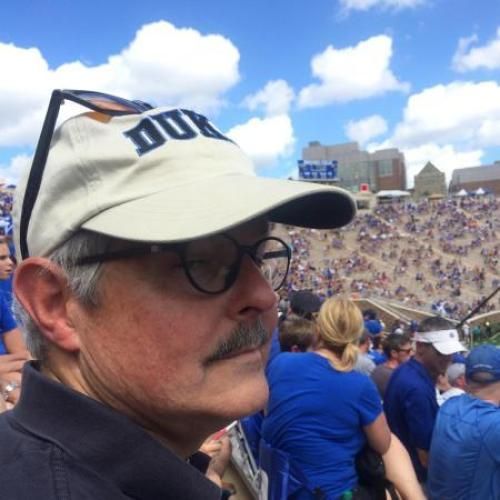Germinal center entry not selection of B cells is controlled by peptide-MHCII complex density.
B cells expressing high affinity antigen receptors are advantaged in germinal centers (GC), perhaps by increased acquisition of antigen for presentation to follicular helper T cells and improved T-cell help. In this model for affinity-dependent selection, the density of peptide/MHCII (pMHCII) complexes on GC B cells is the primary determinant of selection. Here we show in chimeric mice populated by B cells differing only in their capacity to express MHCII (MHCII+/+ and MHCII+/-) that GC selection is insensitive to halving pMHCII density. Alone, both B cell types generate identical humoral responses; in competition, MHCII+/+ B cells are preferentially recruited to early GCs but this advantage does not persist once GCs are established. During GC responses, competing MHCII+/+ and MHCII+/- GC B cells comparably accumulate mutations and have indistinguishable rates of affinity maturation. We conclude that B-cell selection by pMHCII density is stringent in the establishment of GCs, but relaxed during GC responses.
Duke Scholars
Published In
DOI
EISSN
Publication Date
Volume
Issue
Start / End Page
Location
Related Subject Headings
- Mice, Inbred C57BL
- Immunity, Humoral
- Germinal Center
- Genes, MHC Class II
- Female
- B-Lymphocytes
- Animals
Citation
Published In
DOI
EISSN
Publication Date
Volume
Issue
Start / End Page
Location
Related Subject Headings
- Mice, Inbred C57BL
- Immunity, Humoral
- Germinal Center
- Genes, MHC Class II
- Female
- B-Lymphocytes
- Animals


